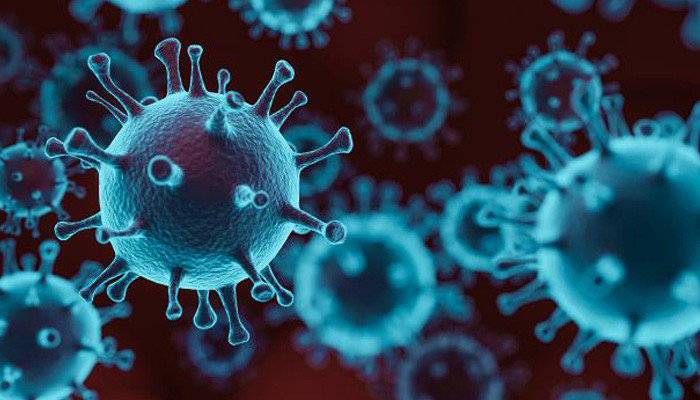Exposure to high heat neutralizes SARS-CoV-2 in less than one second
 Arum Han, professor in the Department of Electrical and Computer Engineering at Texas A&M University, and his collaborators have designed an experimental system that shows exposure of SARS-CoV-2 to a very high temperature, even if applied for less than a second, can be sufficient to neutralize the virus so that it can no longer infect another human host. Applying heat to neutralize COVID-19 has been demonstrated before, but in previous studies temperatures were applied from anywhere from one to 20 minutes. This length of time is not a practical solution, as applying heat for a long period of time is both difficult and costly. Han and his team have now demonstrated that heat treatment for less than a second completely inactivates the coronavirus—providing a possible solution to mitigating the ongoing spread of COVID-19, particularly through long-range airborne transmission. The Medistar Corporation approached leadership and researchers from the College of Engineering in the spring of 2020 to collaborate and explore the possibility of applying heat for a short amount of time to kill COVID-19. Soon after, Han and his team got to work, and built a system to investigate the feasibility of such a procedure. Their process works by heating one section of a stainless-steel tube, through which the coronavirus-containing solution is run, to a high temperature and then cooling the section immediately afterward. This experimental setup allows the coronavirus running through the tube to be heated only for a very short period of time. Through this rapid thermal process, the team found the virus to be completely neutralized in a significantly shorter time than previously thought possible. Their initial results were released within two months of proof-of-concept experiments. Han said if the solution is heated to nearly 72 degrees Celsius for about half a second, it can reduce the virus titer, or quantity of the virus in the solution, by 100,000 times which is sufficient to neutralize the virus and prevent transmission. "The potential impact is huge," Han said. "I was curious of how high of temperatures we can apply in how short of a time frame and to see whether we can indeed heat-inactivate the coronavirus with only a very short time. And, whether such a temperature-based coronavirus neutralization strategy would work or not from a practical standpoint. The biggest driver was, "Can we do something that can mitigate the situation with the coronavirus?'" Their research was featured on the cover of the May issue of the journal Biotechnology and Bioengineering. Not only is this sub-second heat treatment a more efficient and practical solution to stopping the spread of COVID-19 through the air, but it also allows for the implementation of this method in existing systems, such as heating, ventilation and air conditioning systems. It also can lead to potential applications with other viruses, such as the influenza virus, that are also spread through the air. Han and his collaborators expect that this heat-inactivation method can be broadly applied and have a true global impact. "Influenza is less dangerous but still proves deadly each year, so if this can lead to the development of an air purification system, that would be a huge deal, not just with the coronavirus, but for other airborne viruses in general," Han said. In their future work, the investigators will build a microfluidic-scale testing chip that will allow them to heat-treat viruses for much shorter periods of time, for example, tens of milliseconds, with the hope of identifying a temperature that will allow the virus to be inactivated even with such a short exposure time. |

Woman who suffered flesh-eating disease after insect bite receives a face transplant
82604.02.2026, 00:07
India rushes to contain deadly Nipah virus outbreak after five cases confirmed
90324.01.2026, 20:43
Thousands of NYC nurses strike for better staffing and pay (video)
85012.01.2026, 23:38
Nestle issues global recall of some baby formula products over toxin fears
121107.01.2026, 20:43
Air pollution India's biggest health crisis since Covid, warn doctors
132826.12.2025, 17:41
"What Is This Mushroom?"... Japanese Man Trusts AI, Ends Up in Emergency Room
140927.11.2025, 22:53
